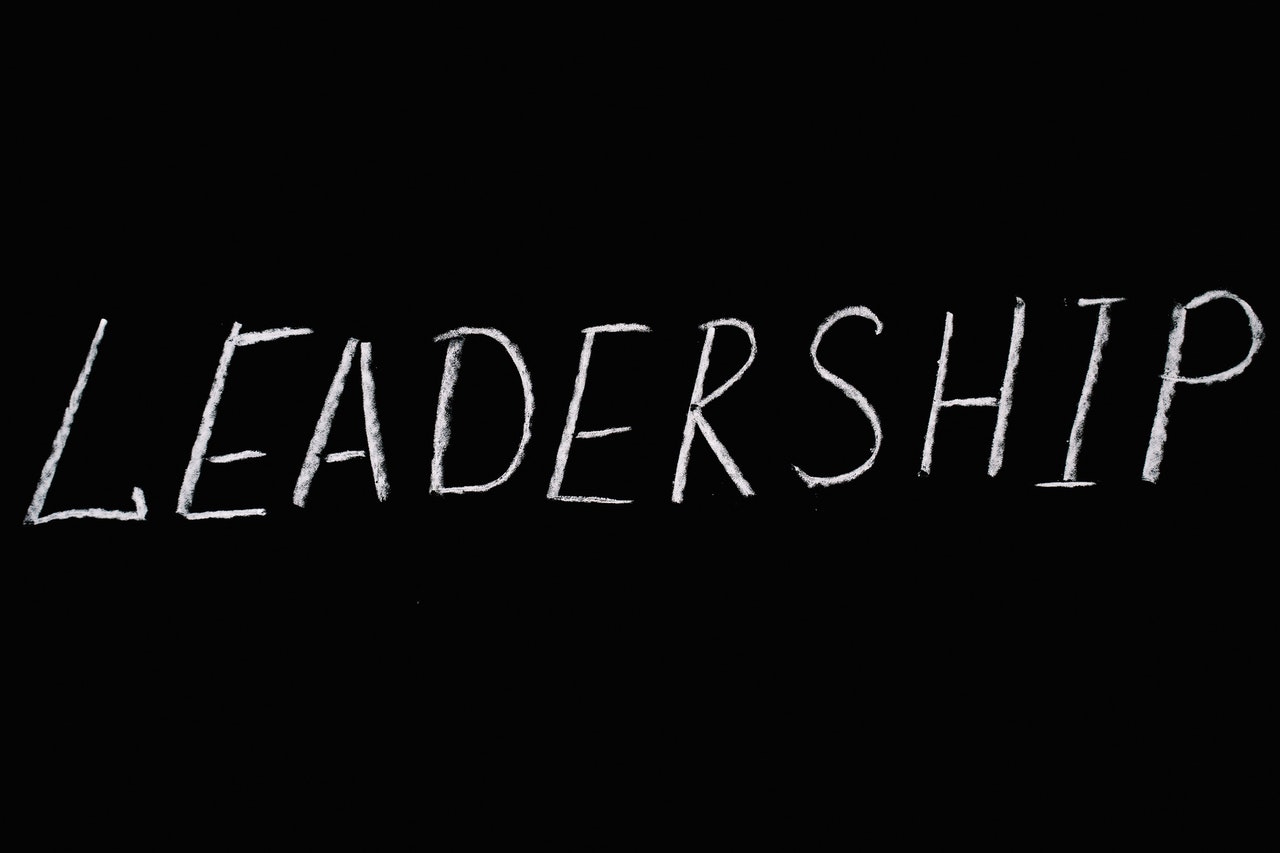In his final book, Ill fares the land, the late historian, Tony Judt (2010, pp. 1-2), wrote:
Something is profoundly wrong with the way we live today. For thirty years, we have made a virtue of the pursuit of material self-interest: indeed, this very pursuit now constitutes whatever remains of our sense of collective purpose…We no longer ask of a judicial ruling or a legislative act: is it good? Is it fair? Is it just? Is it right? Will it help bring about a better society or a better world? Those used to be the political questions, even if they invited no easy answers. We must learn once again to pose them.
I first read those words ten years ago and am as moved by them now as I was then. Judt’s book marked the start of my thinking about the nature of leadership for the common good and today, ten years later, I can still detect its influence in my thinking about leadership for the common good and its future.
The first thing I would say about leadership for the common good is that it is not reducible to any single approach to leadership, such as transformative, servant, ethical or adaptive leadership, although such approaches may find expression in the practice of leadership for the good.
Instead of the usual adjective plus noun combination that characterises most scholarly approaches to leadership, leadership for the common good foregrounds its object; namely, society or the world and its betterment.
This is not to say that the practice of leadership for the good is indifferent to the means through which the good is sought. Indeed, as our research shows, ethical sensibility and conduct is central to leadership for the good.
Rather, it means that we can strive to bring about a better society or a world through a variety of means and that leadership for the good can be practiced by a diversity of actors, including those who don’t have a formal mandate to lead.
Similarly, as observed by the philosopher Hans Sluga (2014), the diverse conceptions of the ‘good’—such as justice, happiness, liberty, security, prosperity—and the variety of communities for which the ‘good’ is sought militates against the identification of a single, determinate ‘good’.
If neither the ‘good’ nor ‘leadership for the good’ are reducible to any single concept or practice, what can one say about the common good and the future of leadership for the common good?
I think Tony Judt’s observation that questions of this ilk invite no easy answers offers a clue to how such questions might be approached.
In particular, the idea that these questions invite no easy answers suggests that we should be cautious about the simple solutions and self-assured dogmas that seem to have proliferated in recent years alongside growing tribalism and division.
A promising candidate for the common good, which seems apt in the context of our complex challenges, is the well-being of the whole (Wilson, 2016).
Understood in this way, the good is more an umbrella term for several interlocking concepts and conditions that underpin the survival and flourishing of life. By extension, leadership for the common good describes those individual and collective actions that foster these conditions.
Naturally, this is easier said than done. It calls on us to step out of the echo chambers and conceptual cul de sacs that that characterise so much of contemporary life and to learn to speak to rather than past each other.
It calls on us to eschew dogma in all its forms, to embrace paradox and to learn to sit with the doubt that attends this manner of apprehending and acting in the world.
There is a growing appreciation of the paradoxical nature of leadership, which is complemented by an appreciation of the need to tolerate paradoxes and what have been termed “clumsy solutions” in the context of complex or wicked problems (Grint, 2010).
Thus, to pick but three oppositions that seem especially relevant to our current difficulty of developing and maintaining a sense of the commons and the common good, it behoves us to think not in terms of individualism versus collectivism but rather individualism and collectivism.
Similarly, it behoves us think not in terms of hierarchy versus egalitarianism versus markets but to instead appreciate the role, uses, costs and benefits of these different relational modes.
Finally, it calls on us to not to think in terms of change versus continuity but rather to appreciate our psychological, social, cultural, and institutional needs for both change and continuity.
As Marco Verweij and Michael Thompson (2006) have pointed out, each time one of these perspectives is excluded from collective decision-making, governance failure inevitably results.
Thus, leadership for the common good requires an individual and collective ability and willingness to overcome our Manichaean tendencies. It calls on us to foster the conditions that make it possible to imagine how apparent contradictions can be reconciled. And it calls on us to cultivate the conditions in we can develop a sense of shared reality, collective purpose, and shared destiny.
As we stumble our way through this interregnum, these strike me as the core design principles of a new leadership for the common good.
References
Grint, K. (2010). The cuckoo clock syndrome: Addicted to command, allergic to leadership. European Management Journal, 28, 306 313.
Judt, T. (2010). Ill fares the land. London: Penguin Group.
Sluga, H. (2014). Politics and the Search for the Common Good. Cambridge: Cambridge University Press.
Verweij, M. and Thompson, M. (2006). Clumsy solutions for a complex world. Basingstoke: Macmillan, Palgrave.
Wilson, S.G. (2016). Leadership for the greater good: developing indicators of societal and environmental health. In K. Goldman Schuyler, J.E. Baugher, & K. Jironet (Eds.), Creative social change: leadership for a healthy world (pp. 161-179). Bingley: Emerald.




